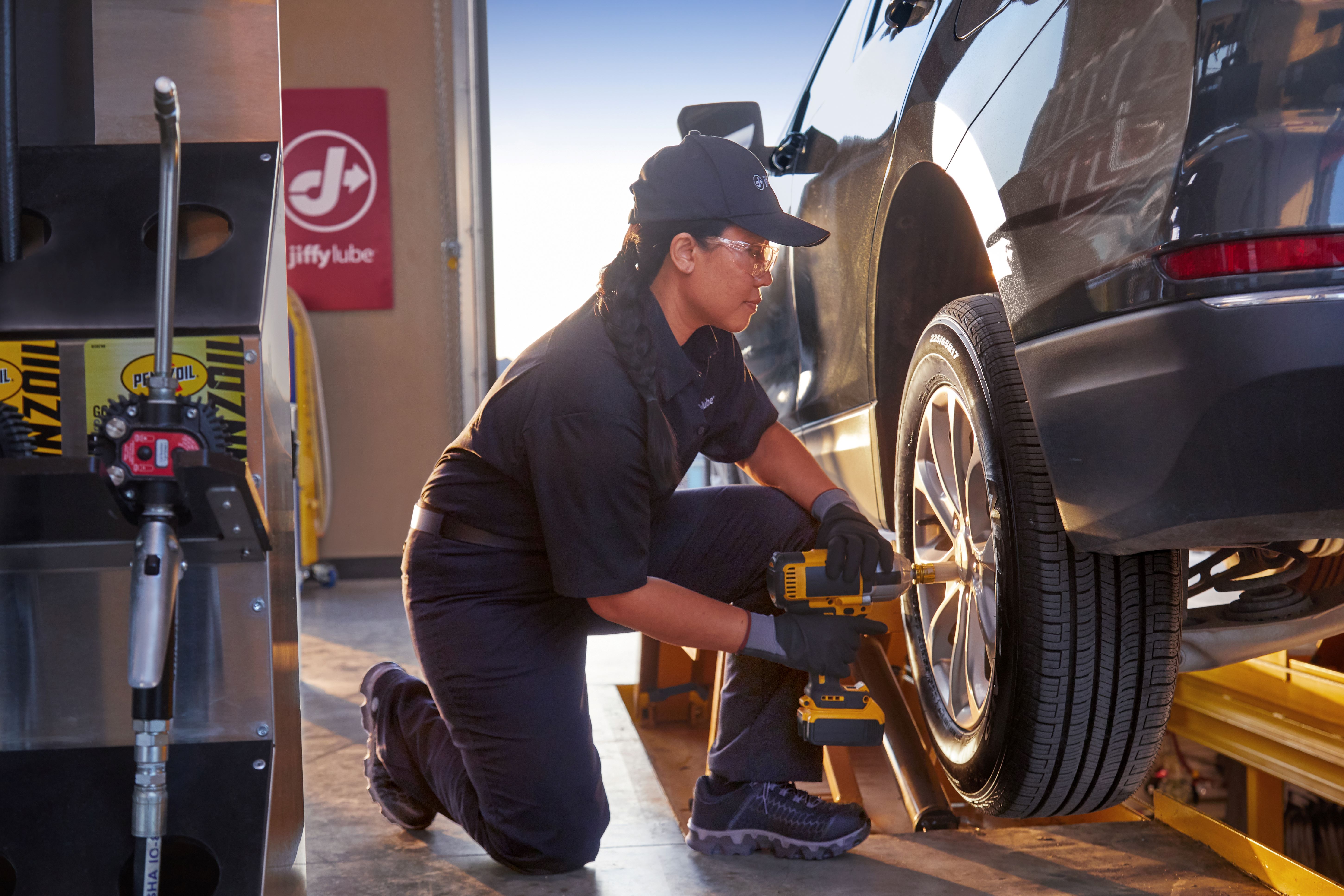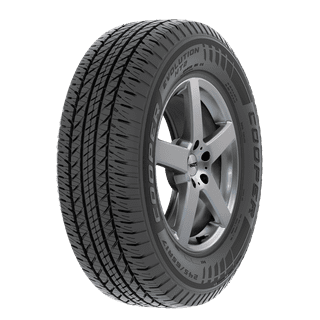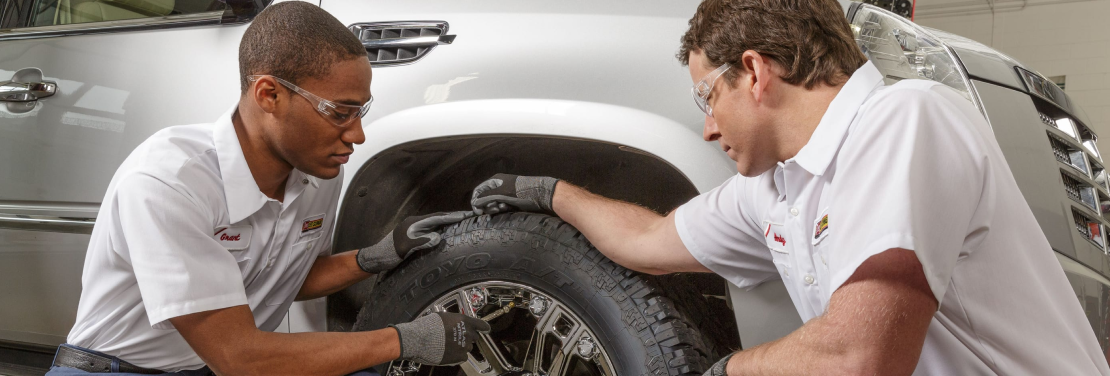Morris Tire and Alignment: Your Relied On Resource for Reliable Service
Wiki Article
Tire Service: Comprehending Tire Pressure Tracking Equipments
Understanding Tire Stress Surveillance Systems (TPMS) is an important facet of keeping optimum car performance and safety and security when traveling. With improvements in auto modern technology, TPMS has become a typical feature in contemporary cars, supplying real-time info on tire stress degrees. Delving much deeper into the ins and outs of TPMS, one can uncover the different parts that comprise this system and the value of each in making certain precise tracking. From straight to indirect TPMS systems, the landscape of tire stress surveillance is diverse, each with its unique set of benefits and factors to consider. Keep tuned to unwind the intricacies of TPMS, from upkeep ideas to the obvious advantages of maintaining your tires correctly inflated. mopar tire service specials.
Relevance of TPMS
The relevance of Tire Pressure Monitoring Equipments (TPMS) depends on their capacity to improve lorry safety and security and performance with real-time monitoring of tire stress degrees. Keeping the appropriate tire pressure is essential for making sure optimum handling, stopping, and overall safety of a car. TPMS offers drivers with prompt responses on any type of overinflated or underinflated tires, enabling timely modifications to be made.
Elements of TPMS
Sensors are normally located in the tire shutoff stem or attached to the wheel assembly, where they measure tire stress and transmit information to the control module. Some progressed TPMS models additionally show the real tire stress readings for each tire, giving motorists with real-time information to make sure optimal tire efficiency and safety. By monitoring tire pressure constantly, TPMS assists protect against mishaps, lowers tire wear, and boosts gas effectiveness, making it an essential component for vehicle safety and efficiency. morris tire and alignment.
Kinds Of TPMS

On the other hand, indirect TPMS depends on the car's wheel speed sensors to keep an eye on tire stress. This system identifies underinflation by contrasting the rotational rates of the wheels. Indirect TPMS is much less pricey than straight TPMS, as it utilizes existing sensing units within the vehicle.
While straight TPMS provides more accurate analyses, indirect TPMS is less complex in layout and typically calls for much less upkeep. Both systems have their restrictions and benefits, and the selection in between them commonly depends on factors such as cost, vehicle make, and individual preference. Recognizing the distinctions in between these two types of TPMS can aid lorry proprietors make informed choices pertaining to tire maintenance and safety.
TPMS Upkeep Tips
Reliable maintenance of TPMS is vital for guaranteeing optimum performance and safety and security of your lorry. Regularly evaluating the TPMS sensing units for any damages or rust is essential. Make sure that the sensing units are free and tidy from particles that can interfere with their functioning. In addition, it is recommended to check the sensor batteries occasionally and replace them as required to ensure precise analyses. Conduct regular look at the tire stress degrees and compare them with the TPMS readings to guarantee they correspond. Alter the system complying with the manufacturer's guidelines if there are any kind of inconsistencies. During tire turning or substitute, make sure that the TPMS elements are handled thoroughly to protect against any prospective damages. If the TPMS cautioning light brightens on the control panel, resolve the concern immediately by examining the tire stress and the overall system for any faults. By sticking to these upkeep tips, you can prolong the lifespan of your TPMS and improve the safety and security of your driving experience.Benefits of Proper Tire Stress
Preserving appropriate tire stress, as stressed in TPMS Upkeep Tips, is crucial for reaping the various advantages linked with ideal tire stress levels. One of the primary advantages of keeping the right tire pressure is improved fuel performance. When tires are appropriately inflated, there is much less rolling resistance, resulting in better gas economic climate. Additionally, proper tire stress guarantees even tire wear, expanding the life expectancy of the tires and promoting more secure driving problems. With the ideal tire pressure, lorries likewise have better handling and grip, particularly in unfavorable climate conditions. This can boost general driving performance and safety and security for the driver and guests. Maintaining optimal tire pressure can contribute to a smoother and extra comfortable adventure by decreasing resonances and sound created by underinflated tires. To conclude, the advantages of proper tire stress surpass just tire durability; they include enhanced fuel performance, enhanced security, much better automobile efficiency, and overall driving comfort.Verdict
To conclude, understanding tire pressure tracking systems (TPMS) is crucial for keeping ideal tire stress and guaranteeing automobile security. By acknowledging the value of TPMS, recognizing with its components, recognizing the various kinds readily available, adhering to correct upkeep pointers, and understanding the advantages of preserving appropriate tire stress, vehicle drivers can improve their driving experience and prolong the life-span of their tires. Correct tire stress is crucial to reliable and secure automobile operation.
Report this wiki page